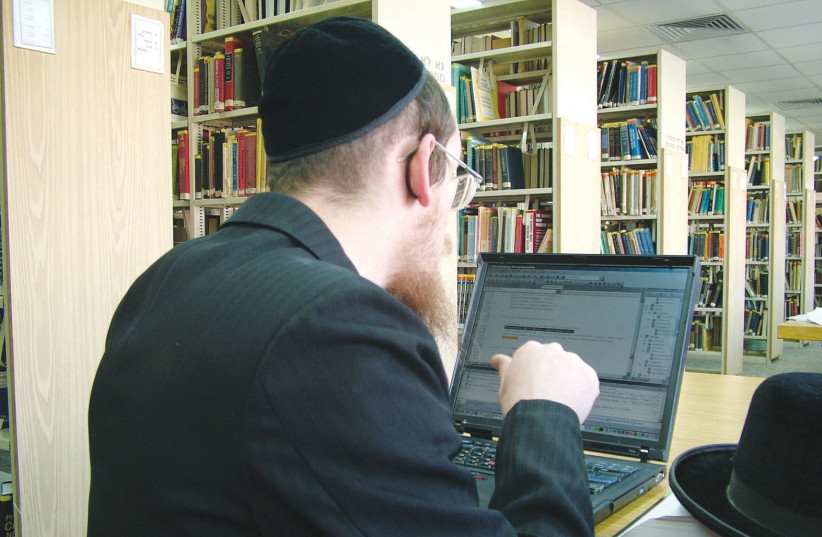The Talmud says Torah scholars should work. Why do haredi Jews refuse to do so? - opinion
Do non-working haredi men today truly believe that they are more worthy Torah scholars than were the great sages of the Talmudic and subsequent eras?

For millennia, there was an Orthodox tradition in which the very best and brightest of scholars were subsidized by the rest of the community to be able to devote all their time and exceptional skills to the advancement of Torah study. Following the murder of many of the foremost Torah scholars in Europe during the Holocaust, David Ben-Gurion, the first prime minister of the newly formed State of Israel, continued this tradition, exempting 400 yeshiva students from military service so that they could rebuild the Torah community. However, there never was any idea that the working public would effectively be compensating large numbers of the burgeoning haredi community (now 13% of the population) for studying Torah rather than requiring them to earn a living.
A perversion of the Talmudic consensus
A large majority of non-haredi Israelis, as well as the many of the haredim themselves, may not realize that shunning work and pursuing Torah study full time is a perversion of the general consensus of the rabbis of the Talmud, who exalted labor: “Great is labor, for it honors the worker” (Nedarim 49b), and simply, “Love work” (Avot 1:10). “Work is more beloved than the merit of the fathers” (Gen. R. 74:12), and “If a man works, he is blessed” (Mid. Ps. 23:3). Performing one’s worldly occupation was one of the four activities that the Talmud says “require strengthening” [i.e., constant renewal of one’s effort in order to succeed] (Ber. 32b). The rabbis offer the following advice: “If a person says, ‘I have worked and have not achieved,’ do not believe him. If he says, ‘I have not worked but still have achieved,’ do not believe him. However, if a person says, ‘I have worked and have achieved,’ you may believe him” (Meg. 6a).






